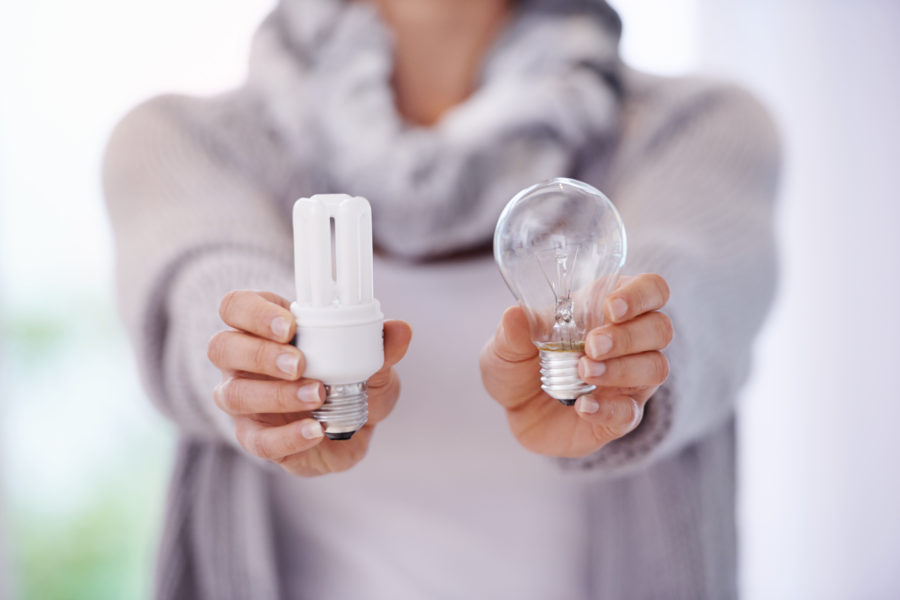Summer is around the corner and we’re always looking for ways to save energy and reduce the costs of living on island during the warmer months. Here are some tips and tricks to help you be eco-friendlier without breaking the bank:
Air Conditioning & Heating
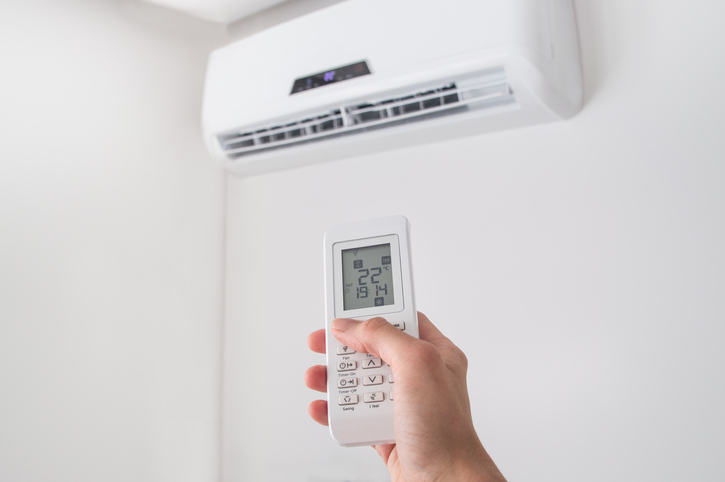
- Make sure your air conditioning and heating units are ENERGY STAR models.
- Set a non-ENERGY STAR air conditioning unit to “Quiet Guard” or “Power Save” mode.
- Get a programmable thermostat that will automatically turn your AC and heater on or off
- If you have central AC, close the air vents in unused rooms to avoid cooling or heating unused spaces.
- Use ceiling fans to cool a room instead
Lighting your home
- Replace incandescent light bulbs with LED or CFL models, which are slightly more expensive to purchase, but will last longer and save energy.
- Manual timer controls are a great way to set certain times during which you want your lights or electronics to be switched on.
- Install motion sensors in your exterior, which turn your lights on only when something or someone is moving.
- Dimmer switches to control your lights can be a great and simple way to save energy.
- Similar to thermostats, there are digital systems that can be installed to control lights throughout your home during the day through mobile app.
Appliances
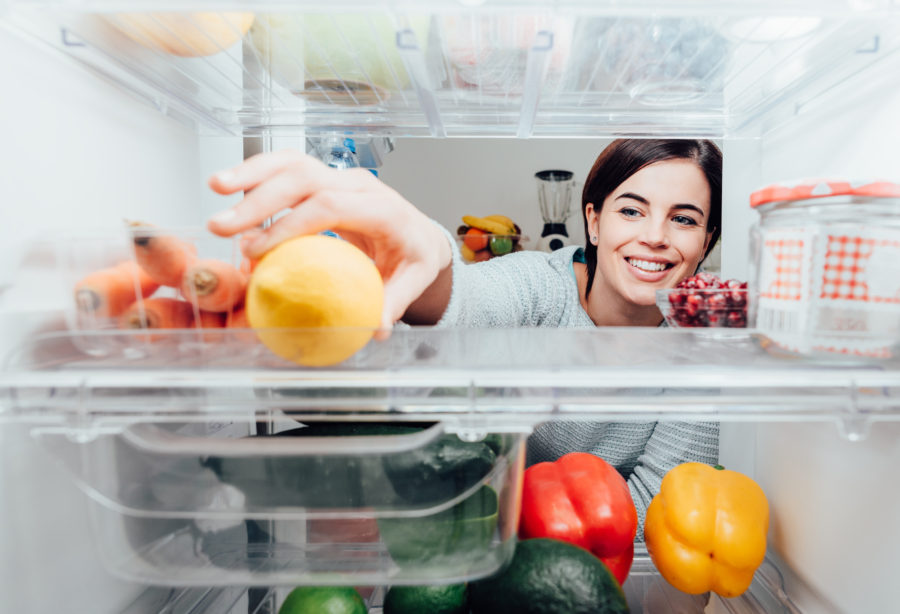
- Set your refrigerator temperature to somewhere between 30 and 42°F.
- An empty fridge uses more energy than a fully loaded one, so make sure to keep it stocked and consider filling empty freezer space with large containers of water.
- Do you really need that’s second fridge or freezer in the garage? Probably not. Get rid of it to save energy.
- When your meal is almost finished, try turning off your oven or stove burners early. The remaining heat is enough to finish the cooking in most cases.
- Opening and closing the oven causes temperature changes of up to 25°, so keep the door closed while cooking to avoid making it work harder to maintain high temperatures.
Cooking
- When preparing a meal with many ingredients, take as many as possible out of the refrigerator at once to avoid opening and closing its door.
- Copper-bottomed pots and pans are a great investment if you would like to use heat more efficiently when preparing food on the stove.
- Not every pot has a lid, but if it does you should use it as it can contribute to building up heat much faster and shorten your overall cooking time.
- Cooking in the summer can unnecessarily heat up your home during the summer. Consider preparing meals on the grill outside to avoid AC overuse.
- Some stoves provide burners with different sizes. If that’s the case with yours, try to find a pot that perfectly fits the burner on your stove, because small pots don’t need all the heat of a big burner.
Washing
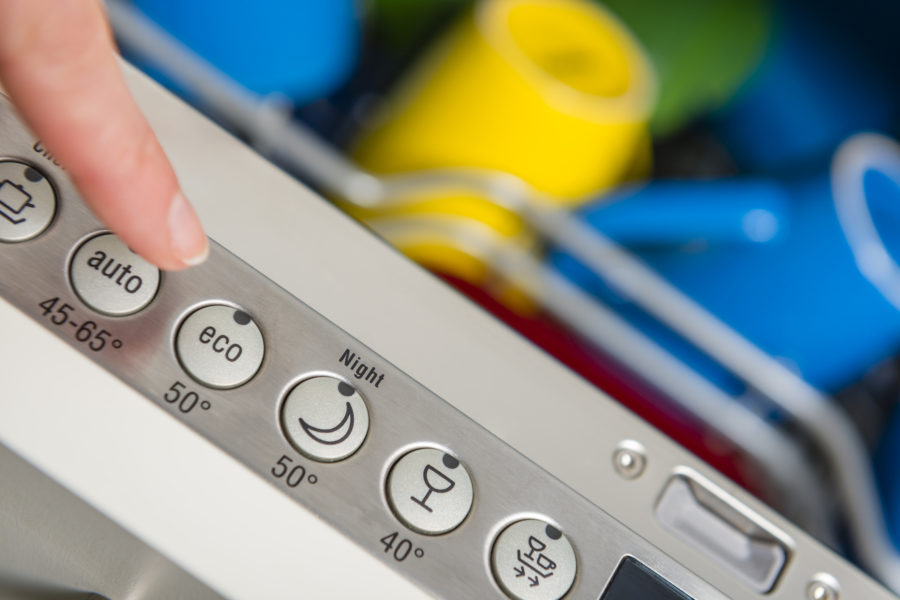
- Use the “eco mode” setting on your dishwasher as much as possible
- Start your dishwasher only once it’s full, to avoid washing a smaller amount of dishes over the course of several washing cycles.
- Same goes for laundry, only wash when you can use your machine at capacity.
- Keep your washer’s temperature setting on cold to avoid wasting energy. Laundry detergents work just as well with cold as they do with warm water.
- Check on your clothes earlier than usual when they are in the dryer. They might already be dry. Also consider air-drying your light fabrics.
Electronics
- Always turn off electronic devices when you are not using them and unplug those that are not in use.
- Unplug a device and its charger as soon as the battery has been recharged.
- Change or turn off your TV’s factory settings because newer models are usually set to “showroom” mode, which uses more energy.
- Instead of a desktop computer, invest in a laptop.
- Computer screen savers can be fun, but they also use up energy. Adjust your settings to sleep or hibernate mode for longer periods of inactivity.
Water
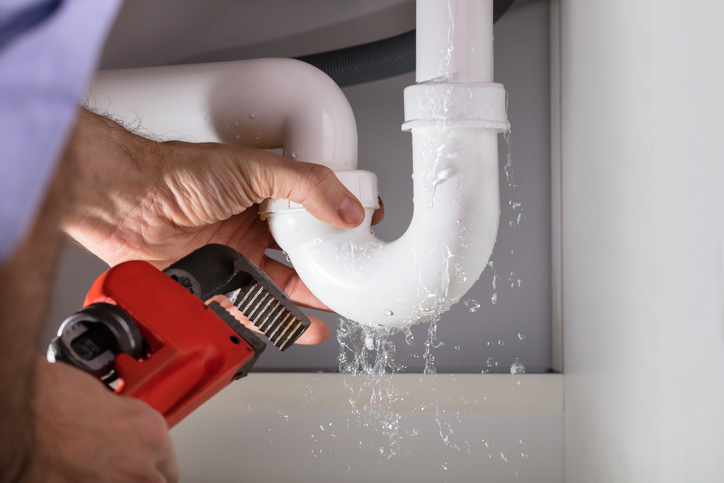
- Fix any leaky faucet or showerhead immediately.
- Frequently check your hot water pipes, especially older ones, for leaks.
- Shorten your hot showers, or use lukewarm water instead.
- Consider reducing the temperature settings of your water heater.
- When you are going on vacation, make sure to turn off your water heater while you are gone.
Have you tried any of these tips and tricks or have any of your own? If so Tweet us, and share them @rgmagsbda – we’ll repost!

